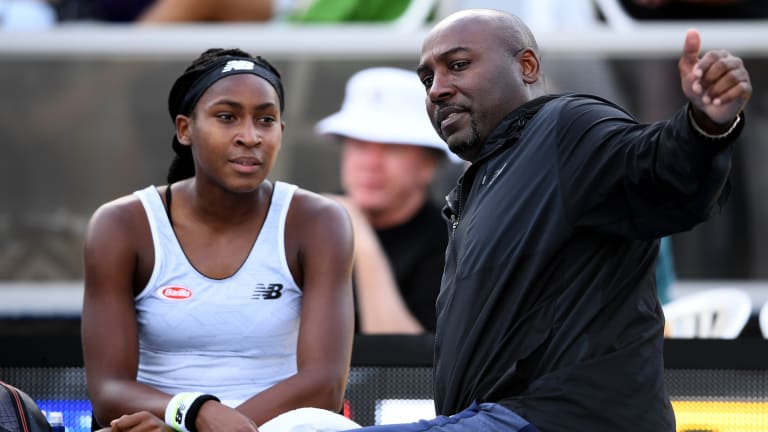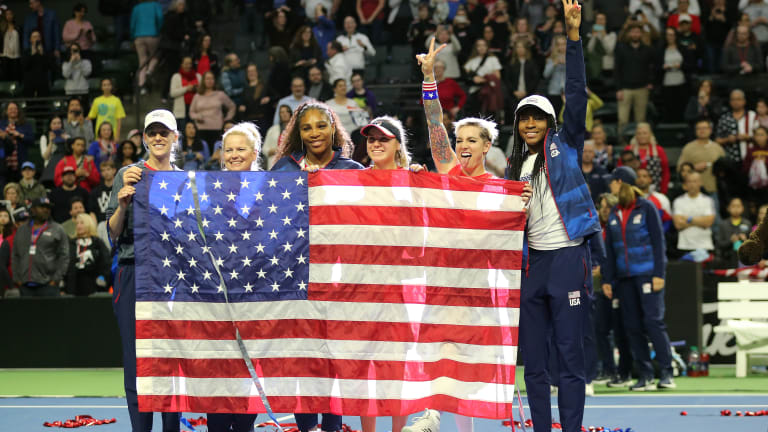Roland Garros
Coco Gauff leads Team USA’s quantum leap fueled by USTA Player Development
By Jun 03, 2022Roland Garros
Was the Carlos Alcaraz-Jannik Sinner Roland Garros match the best ever played?
By Jun 13, 2025Roland Garros
Who were the winners and losers at 2025 Roland Garros?
By Jun 09, 2025Roland Garros
Carlos Alcaraz and Jannik Sinner played the match of the decade, and maybe the century, at Roland Garros
By Jun 09, 2025Roland Garros
PHOTOS: Carlos Alcaraz captivates Chatrier with trademark joy after improbable Roland Garros title defense
By Jun 09, 2025Roland Garros
Carlos Alcaraz saves three match points, tops Jannik Sinner in longest Roland Garros final of Open Era
By Jun 08, 2025Roland Garros
Aryna Sabalenka clarifies controversial Coco Gauff claim: "Can't pretend it was a great day"
By Jun 08, 2025Roland Garros
Coco Gauff counters Aryna Sabalenka's Roland Garros claim by saying she 'wanted' Iga Swiatek in final
By Jun 08, 2025Roland Garros
2025 Roland Garros men's final preview: Carlos Alcaraz vs. Jannik Sinner
By Jun 07, 2025Roland Garros
PHOTOS: Coco Gauff celebrates Roland Garros title with parents, toasts champagne at Tennis Channel set
By Jun 07, 2025Coco Gauff leads Team USA’s quantum leap fueled by USTA Player Development
The 18-year-old’s run at Roland Garros is the culmination of a five-year plan that began with the arrival of the USTA National Campus, and sets the stage for a new generation of American success stories.
Published Jun 03, 2022
Advertising
Advertising

Gauff learned the game from father, who was named the Team USA Developmental Coach of the Year in 2019.
© Getty Images
Advertising

Gauff was on hand for Team USA's Billie Jean King Cup tie against Latvia in 2020.
© Abbie Parr